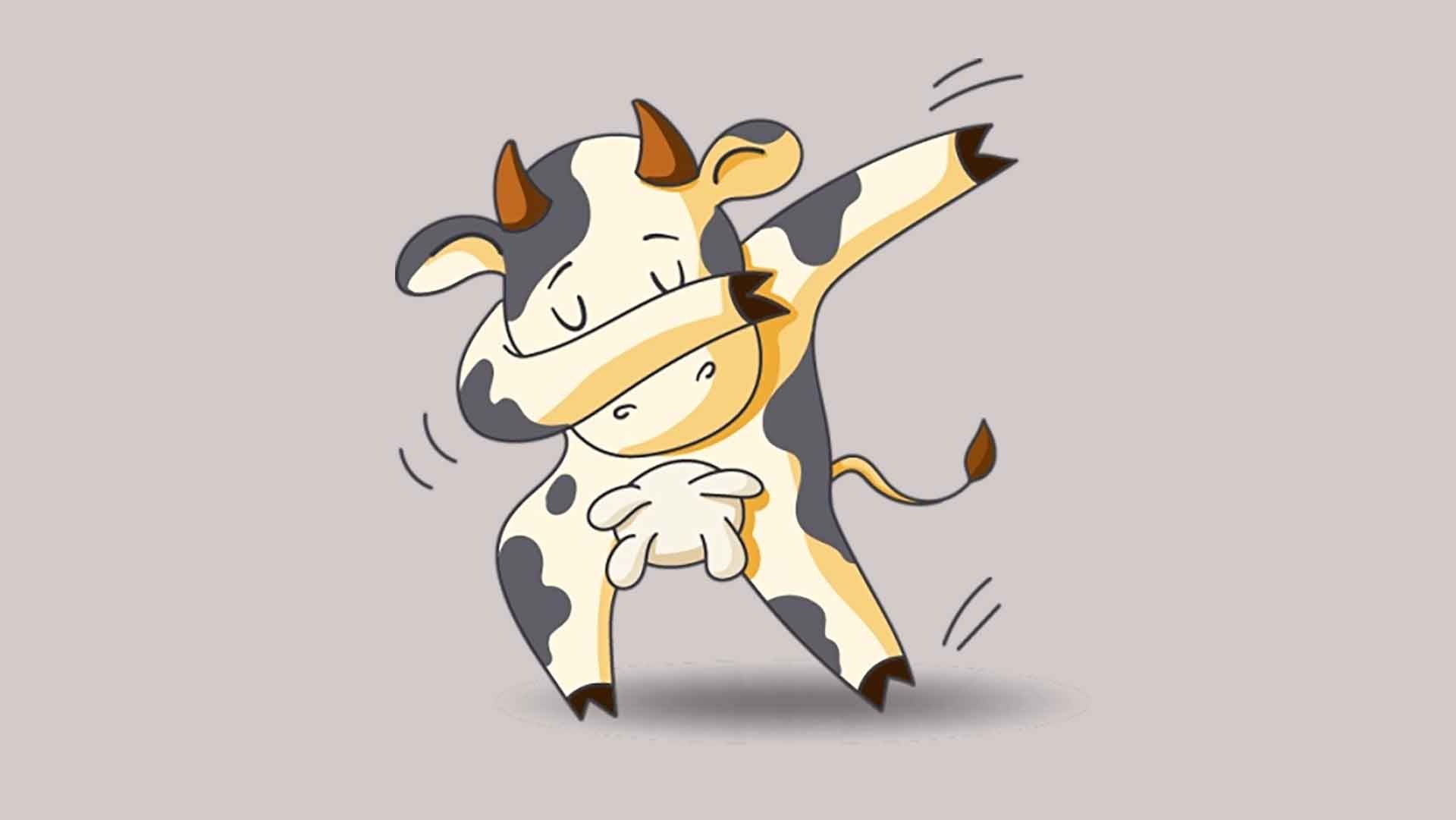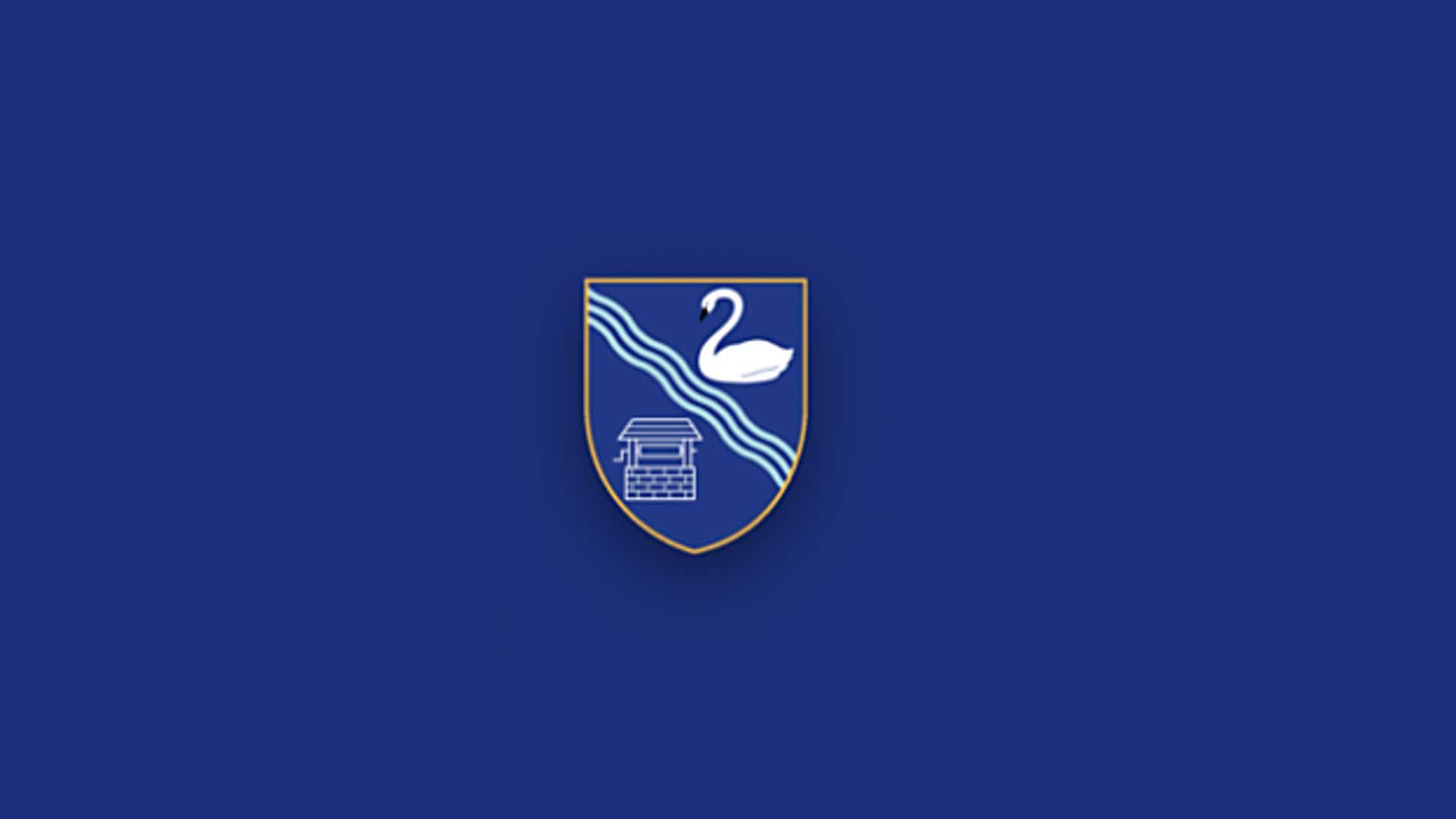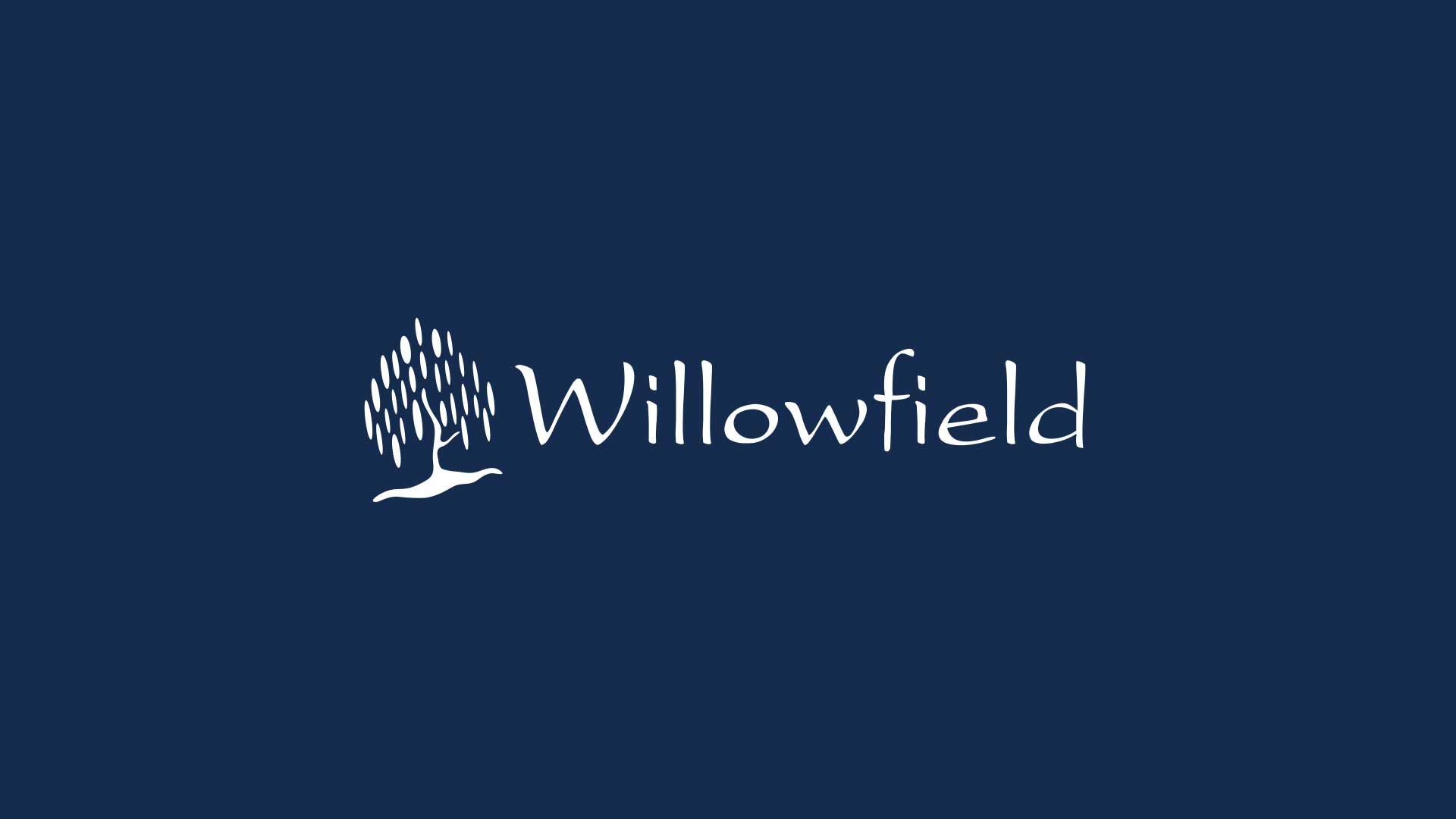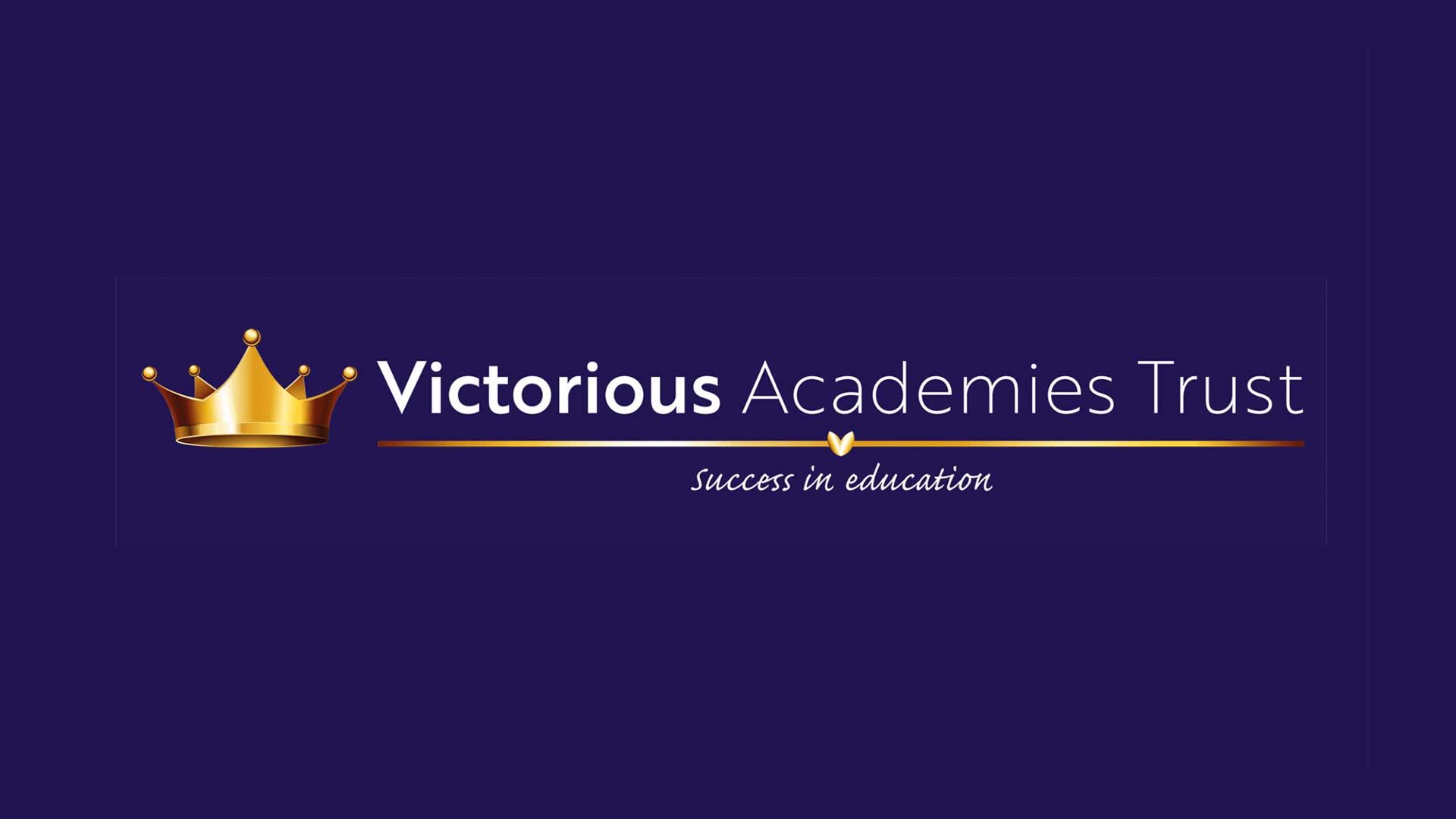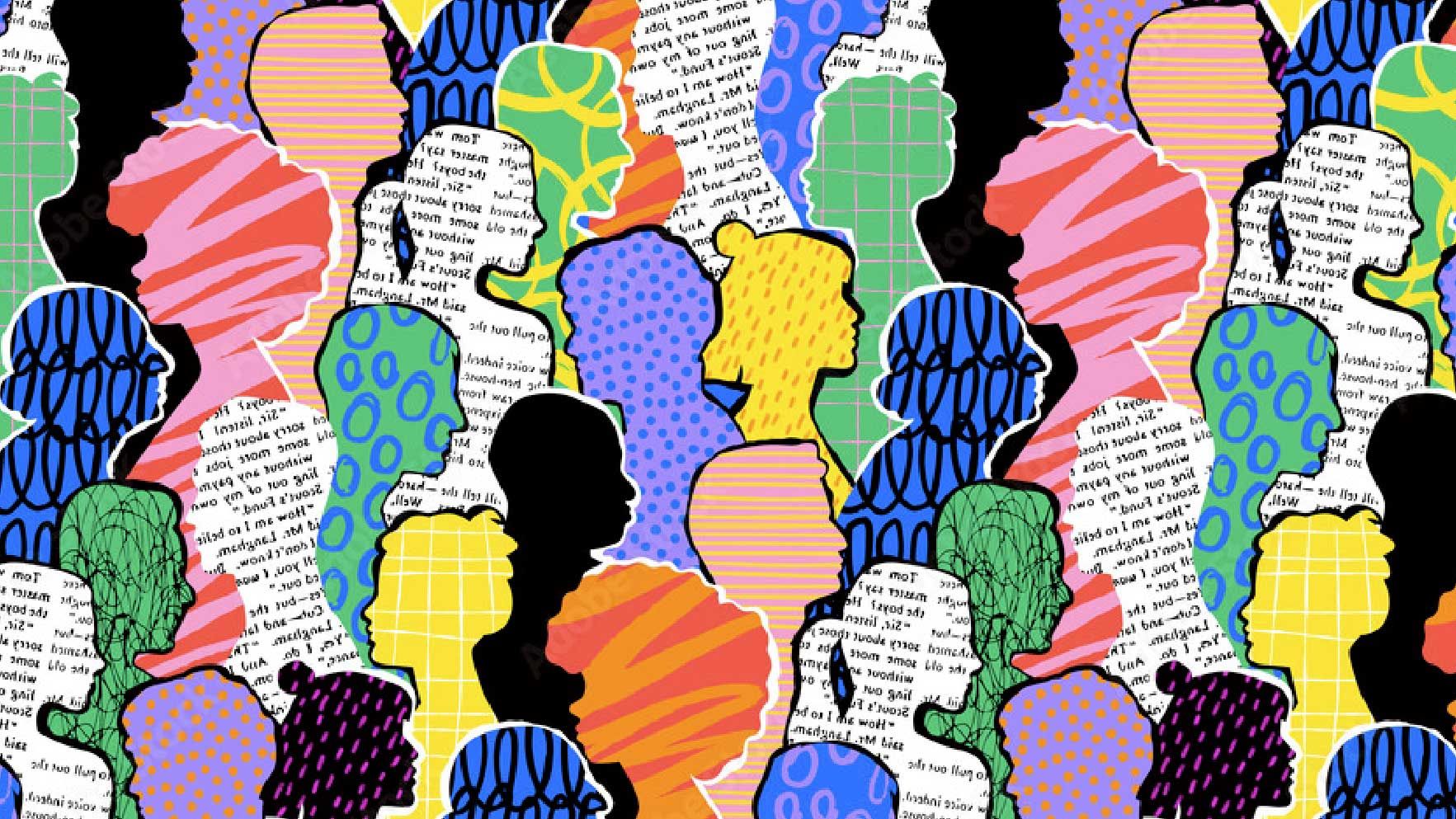2024: the year to be fitter, healthier and happier - here’s how!
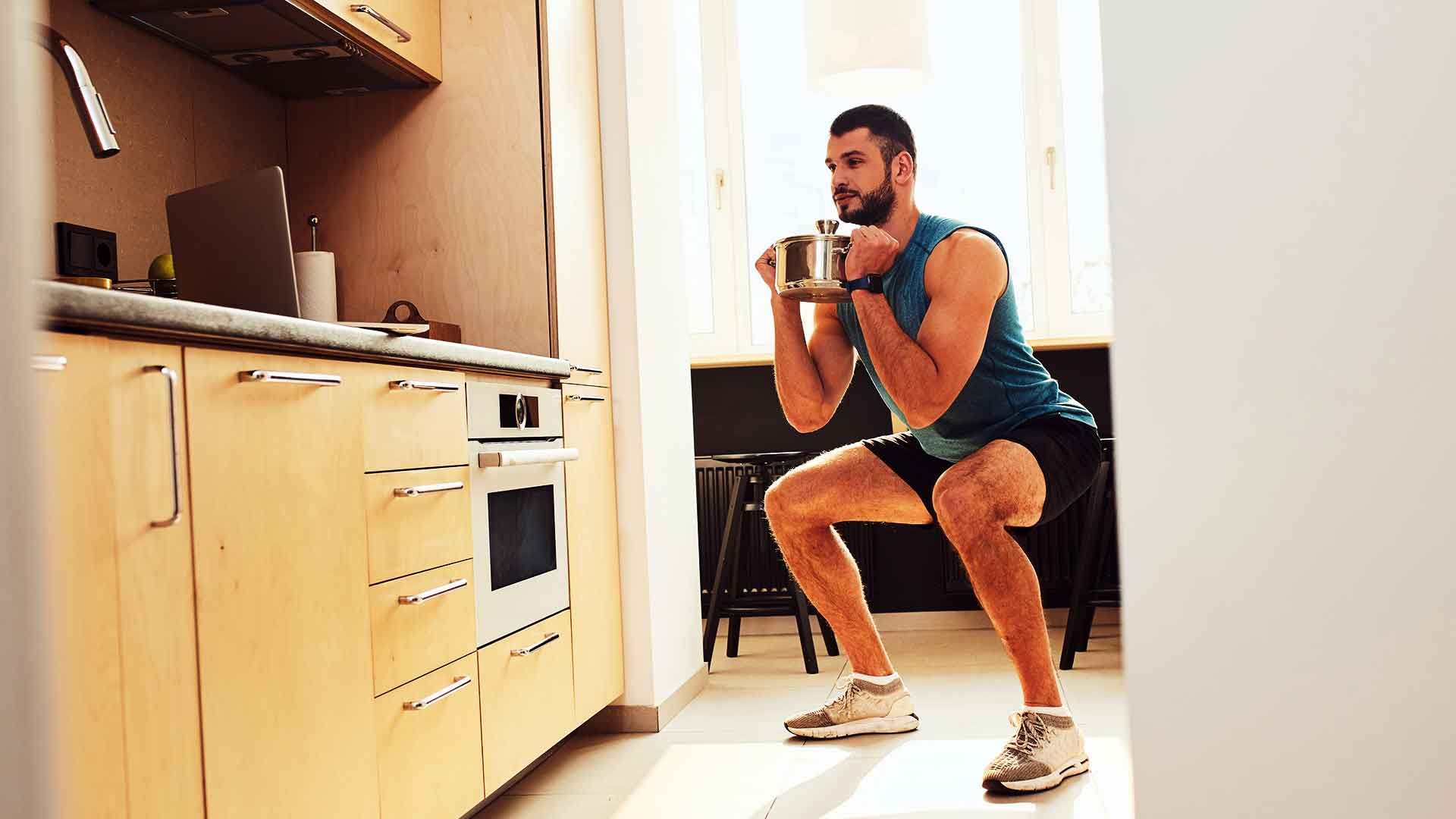
What are you ho-ho-hoping for this holiday season?
You might be hoping that the masses descending on you all arrive in a jolly mood, with any family feuding on hold until the new year. Or that they behave around the mulled wine, enjoy the nibbles and only eat their fair share – including your great aunt, who practically goes on hunger strike during December so she can eat you out of house and home… and vol-au-vents.
Or perhaps you hope people leave you, your blankie, your hot chocolate and Macaulay Culkin home alone in peace and quiet (see what I did there?).
Whatever your plans, and whether you celebrate Christmas or not, most teachers are hoping that, when they sign out for the last time this year, they don’t go home, crash and burn. But sadly, many people will, and this is why.
At school, you’ve:
- Got through the nativity rehearsals and performances, the carol concert and the talent show
- Made sure that everyone takes away a home-made card, calendar, gift, or tree decoration. As well as leaving on the last day with their own costume, PE kit, hoodie, coat, hat, gloves and scarf
- Completed your end of Autumn assessments, logged them on the system and explained to SLT why some haven’t made one step of progress… yet
- Marked the living daylights out of every page in every child’s book
- Had your appraisal and started working on each of the 43 targets set
- Smiled your way through the end of term ‘do’, even though your shoes were killing you and no, you genuinely don’t wish it could be Christmas every day
All this while keeping home ticking over, cleaning for when the rellies arrive, doing the food and pressie shopping, writing cards, decking the halls. The list goes on…
There’s no real surprise then that, having not permitted yourself to be ill in the lead-up, so many people spend the start of the holidays either in bed feeling sh*te or on the loo with the sh*tes.
It may be that you’re physically okay, but the last few weeks have taken their toll emotionally, and you’re the one who rocks up at the family festivities ready for a row, a cry, or a scream.
So, what can you do to keep well and reduce the risk of illness next year?
What is resilience?
At Happy Centred Schools, this is one of the ways that we explain resilience during our Mental Wellbeing sessions. It’s when we’re feeling physically and psychologically well. And we can be philosophical about things.
Resilience, good health and happiness don’t just happen. We need to work on them all the time.
Often, people wait until they’ve got nothing left in the tank before thinking about or taking action. But, by keeping ourselves topped up physiologically, psychologically and philosophically, we have reserves to dip into if and when we need them.
Improving your physical fitness
What’s the one thing that would make the biggest difference in improving your physical fitness?
Remember:
- Trying to stop engrained habits can be tricky, as the neural pathway is so strong. It’s easier to work on creating a new, healthier pattern of behaviour. For example, rather than trying to stop eating so many crisps, start eating alternatives such as popcorn or veg sticks with low-fat dip. To give you a greater chance of success, keep the house crisp-free as, in moments of weakness, you know the Monster Munch will call you from whichever cupboard they’re nestling in.
- Beating yourself up and saying ‘I should’ or ‘I must’ isn’t helpful. Instead, be kind to yourself and say, ‘I’d like to…’ or ‘My aim is…’ If you don’t manage to do ‘the thing’ today, reset, move on and go again tomorrow.
- If you’re setting yourself a target, keep it realistic. Rather than expecting to walk 10,000 steps a day, get off the bus one stop early three times a week and enjoy a brisk 15-minute walk home. You can always up expectations as you go along, but do this in manageable increments.
- For some people, it helps to tell others what they want to achieve, as friends and family can check in, hold them accountable, and cheerlead them on. Keeping things under the radar is also okay if you don’t want added pressure.
- Habit stacking is a great strategy to use. For this, think of something you do every day and link the behaviour you want to work on to it. For example, while the kettle is boiling for your morning cuppa, do 20 squats.
- If you’re not a runner, don’t run! You need to find an exercise that you enjoy and motivates you. Perhaps something you loved as a child?
Supporting your mental health and wellbeing
There are lots of things that we can do to improve our mental health. Again, think of the one thing you’d like to work on first that will benefit you most. Here are some thoughts:
- Do you need to have more downtime and properly ‘switch off’? If so, how could you do this? Could you remove work emails from your phone? Or ensure all marking is done at school and books are left there? Sometimes, folks take marking home with the best intentions. It doesn’t get done, but it’s sheer presence by the front door niggles away at you all evening.
- Talking of which, would decluttering the house help your head feel more ordered and calmer, too? Well, yes, research shows it would. Don’t be like me and pull everything out of the cupboards before losing the will and shoving it all back in again. Start small, one shelf at a time.
- Would limiting your phone time and social media scrolling help? Having a phone-free start to the morning means you ease into the day rather than being projected at a million miles an hour with high-level stress hormones. As for the socials, a few funny animal videos can help, but they're not so beneficial when you end up down a rabbit hole lasting several hours.
- If you know one of your unhelpful thinking patterns, would naming and neutralising it help? You might be a catastrophiser,g. ‘I’ve woken up late; it’s going to be a dreadful day.’ Or you might jump to conclusions, ‘Fred’s looking at me in a funny way; what have I done to upset him?’ By slowing your thinking down, you can look at things more rationally – and maybe chat with Fred and find out what (if anything) is up.
- Would planning more small treats help? We know that the anticipation of doing something you love gives you a boost before you’ve even done it.
Being more philosophical
Last but not least, how can you be more philosophical next year? But what does that even mean? According to various searches, it’s:
- ‘Having a calm attitude towards a difficult or disappointing situation.’
- ‘Understanding that failure and disappointment are a part of life.’
- ‘Staying detached and thoughtful in the face of a setback or approaching a tough situation in a level-headed way.’
It’s basically the ability to keep things in perspective, to think ‘meh!’ and come up with possible solutions. So, for the last time in this blog, which one thing could you do to be more philosophical next year?
- Could you develop a broader range of coping strategies for when a situation feels overwhelming? You will know what works for you, but why not ask friends and family what they do and nick the best ideas?
- How about starting a new hobby? I recently worked with someone who said that learning to dance has helped her in her day job, as she is now better at receiving constructive feedback, learning from others and dealing with failure.
- Work to develop your problem-solving skills. For example, I once worked with a CEO who said that when things get tricky, she takes herself off and does a Sudoku. When she returns to the initial problem, it’s much easier to solve.
- If you’ve had our FLIP It Thinking training, put it into action to become more solution-focused. If you haven’t, speak to the people who organise CPD at your school and get them to give us a ring.
Hopefully, that’s given you some food for thought, and there’s a plan germinating for the new year.
In the meantime, we’d like to say a big thank you from all of us to all of you, for the amazing job you do. Wishing you a fab festive time and ho-ho-hopefully see you on the other side.
Former headteacher Sarah Creegan’s wealth of experience makes her the perfect advisor, facilitator and consultant for our education programmes. She was instrumental in developing the Happy-Centred School wellbeing programme and has been a big advocate of getting menopause awareness sessions into schools. She also once over-hugged Olympic gymnast Beth Tweddle, but the less said about that, the better.
More



